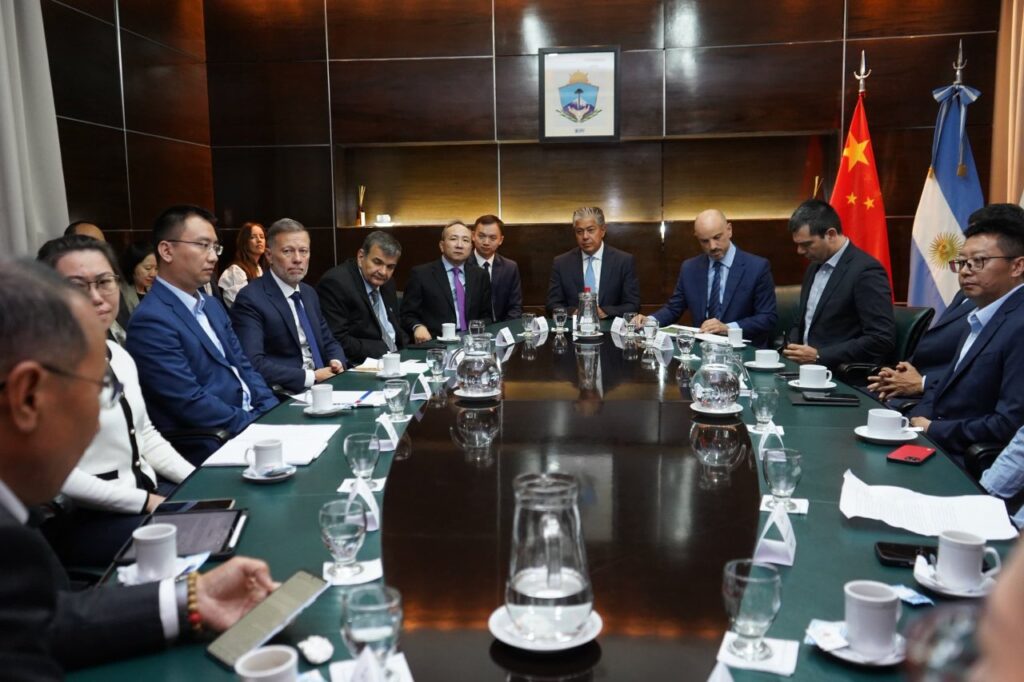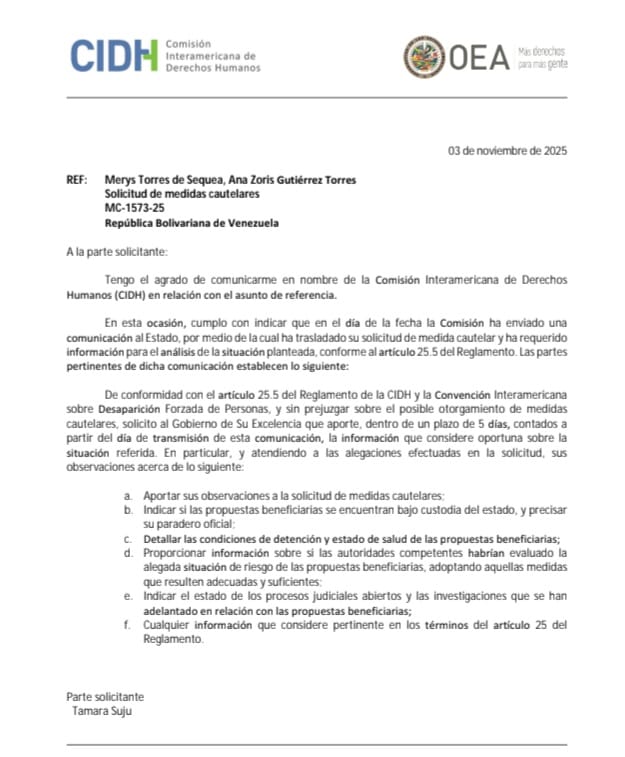A startling proposal emerged from a Miami press conference last week: Ukraine is prepared to negotiate a prisoner exchange with Cuba, a deal that reaches beyond typical wartime bartering. Ukrainian parliamentarian Maryan Zablotsky offered to release Cuban mercenaries captured fighting for Russia in exchange for the freedom of Cuban political prisoners languishing in Cuban jails.
The offer wasn’t solely about living captives. Zablotsky, leading the Pro-Free Cuba Committee, also pledged to return the remains of 41 Cubans who perished on the Ukrainian battlefield, offering a somber act of closure to families on the island. As an alternative, Kyiv indicated a willingness to trade the Cuban prisoners of war for Ukrainian citizens currently held captive within Russia.
The scale of Cuban involvement in the conflict has become increasingly undeniable. Reports suggest a potential influx of up to 25,000 Cuban fighters bolstering Russian forces, a number that would establish them as the largest foreign contingent engaged in the war. This isn’t a spontaneous movement; it’s a calculated deployment with far-reaching implications.

Russia has actively recruited Cubans with promises of financial security and, crucially, Russian citizenship. Direct flights and relaxed visa requirements have facilitated this flow of personnel, creating a pathway for Cubans to join the Russian military. However, the reality for many is far more insidious than advertised.
Investigations reveal a pattern of deception. Cubans are often lured to Russia under the guise of civilian employment opportunities, only to find themselves pressured into signing military contracts written in a language they don’t understand. These contracts bind them to service in a brutal conflict, far removed from the jobs they were promised.
The press conference, featuring both Zablotsky and Orlando Gutiérrez Boronat, leader of the Cuban Resistance Assembly, laid bare the complexities of the situation. Gutiérrez Boronat sharply criticized the Cuban government’s ambiguous stance, highlighting its deep-rooted ties to Moscow. He accused Havana of actively supporting Russia’s war effort, despite public denials.

Gutiérrez Boronat pointed to intelligence and military alliances between Cuba and Russia, along with the Cuban president’s public support for Putin’s actions. He questioned how the Cuban state could claim ignorance regarding the mass exodus of its citizens – including trained military personnel – traveling to Russia to participate in the invasion. He believes Cuba is being financially compensated for each mercenary sent to fight.
The Cuban government vehemently denies any official involvement, claiming to have prosecuted its citizens for mercenary activities and human trafficking related to the conflict. However, this assertion is met with skepticism from international observers, particularly the United States.
The U.S. government has actively lobbied against a UN resolution condemning the American embargo against Cuba, citing Cuban complicity in the Russian invasion as justification. This diplomatic maneuver underscores the seriousness with which Washington views Cuba’s role in the conflict.
Ukraine’s actions further demonstrate its conviction. Kyiv recently shuttered its embassy in Havana, signaling a breakdown in relations and a clear accusation of tacit support from the Cuban government for the deployment of its citizens to the war zone. This move speaks volumes about the level of distrust and frustration within Ukrainian leadership.
Zablotsky’s proposal isn’t simply a plea for prisoner exchange; it’s a confirmation of Kyiv’s belief that Cuba and Russia are engaged in a de facto military alliance, a partnership forged in shared geopolitical interests and fueled by the tragic exploitation of Cuban citizens.
The situation highlights a disturbing trend: the globalization of conflict and the willingness of some nations to provide manpower for another’s war, often through deceptive practices and broken promises. The fate of those Cubans – both those captured and those lost – hangs in the balance, a stark reminder of the human cost of geopolitical maneuvering.





